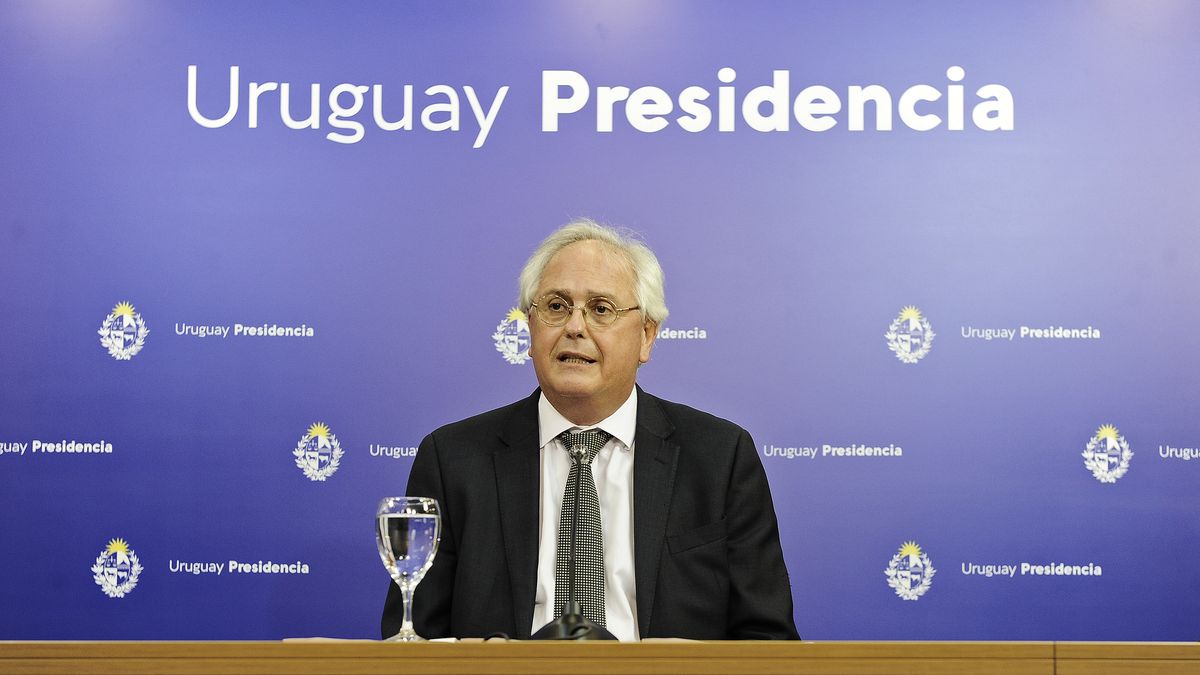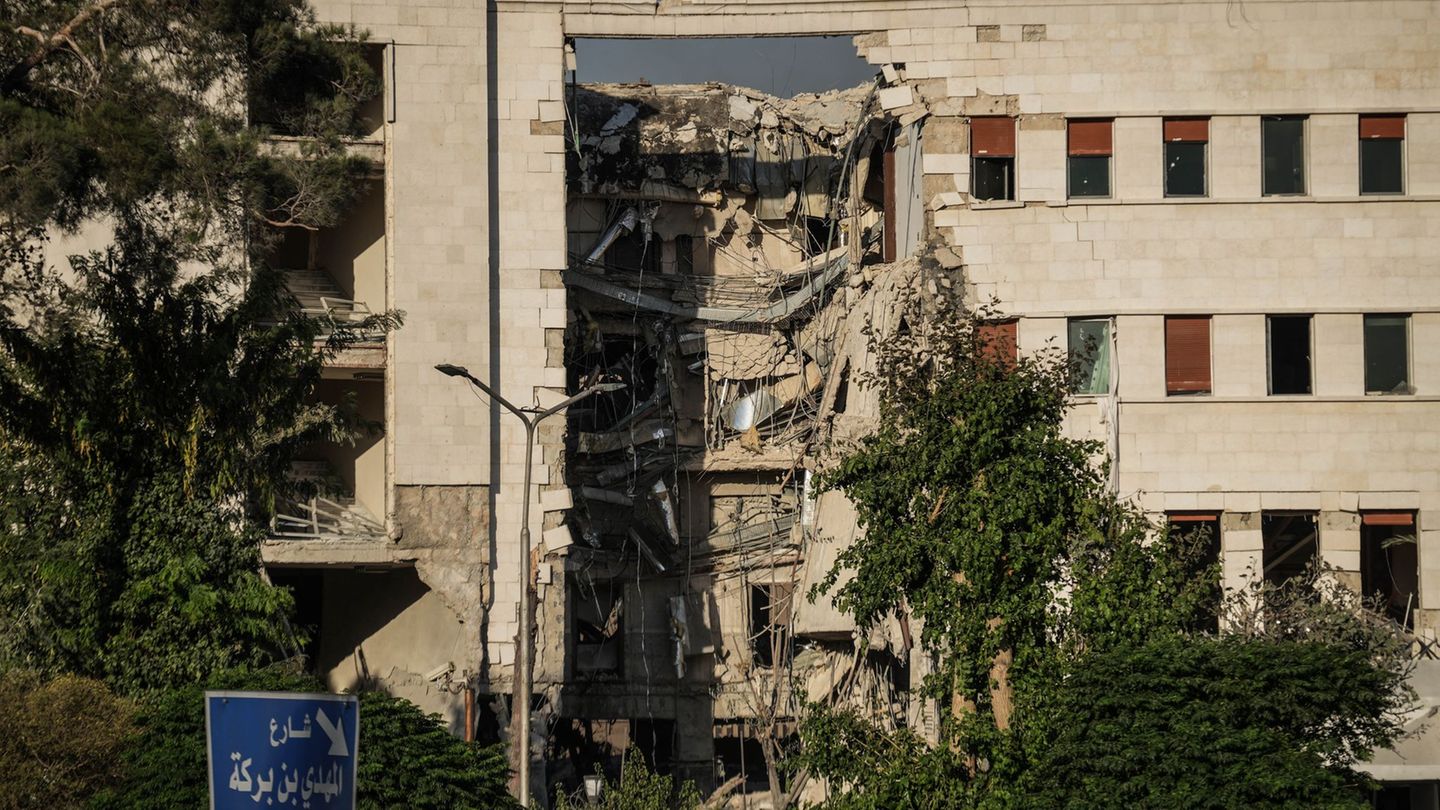The main drafter of the social security reform project in Uruguay, Rodolfo Saldain, did not rule out that the article on the Pension Savings Fund Administrators (AFAP) can be treated separately from the rest of the articles, as required Open Town Hall (CA) as one of the conditions to vote in favor of the initiative promoted by the president Luis Lacalle Pou.
Next Monday ends the fourth intermission voted by the Special Commission of the Chamber of Deputies that debates the text of the pension reform, and the legislators that make up the commission must meet again with the aim of closing the main project of the government’s reform agenda. But, also, it is expected that the lobbyists will finally take a position against the intermediate proposal approached by the president against the claims of the party led by Guido Manini Rios.
In this climate of uncertainty, the lawyer and main drafter of the project that, unexpectedly, has brought so many headaches to the Multicolor Coalition —to the point of jeopardizing its very continuity— Rodolfo Saldain referred to the changes proposed by CA and the possibility of advancing with some of them or not.
One of the most important issues for the lobbyists is that the AFAP cannot invest abroad with Uruguayan money, something that is currently allowed, even with the latest modifications introduced by the Executive power —which only added limits to such investments. For the Manini Ríos sector, this point should be treated as a separate projectwith the aim of not “hindering” the social security reform even more.
In this regard, Saldain opined that such a strategy would be viable. In radio statements, the lawyer maintained that “it is an article that could be broken down and discussed separately, obviously as various experts have been expressing themselves a few days ago, the need to invest them abroad is almost a standard for this type of funds ”. Likewise, he pointed out that the discussion is necessary as long as almost 30% of the Gross Domestic Product (GDP) is in pension savingsbut that does not make the architecture of the system itself.
Points where you can’t give up
Beyond having achieved some flexibility on the issue of the AFAPs, Saldain considers that he cannot yield on other points requested by the Open Cabildo. For the specialist, the loss of the years that are taken to calculate the basic retirement salary —one of the excluding requirements for Manini Ríos— is non-negotiable, even 20 years, as Lacalle Pou proposed as an intermediate alternative.
“Going to 20 has tax incidence and makes aspects that are strong and important in the design. Throughout this negotiation, a series of proposals regarding the structure of the project have been accepted; the accumulation of changes It is what makes it difficult to access this difference,” he said.
Saldain explained that, currently, the regime varies according to the different savings banks: in the case of the Box of Professionals they take the last three years of work, “absolutely insostensible,” he said. In the Police and Military Fund, the last five years are averaged, in the Social Welfare Bank (BPS) and the Bank Cash is averaged over the last ten years, which cannot exceed the best 20 years plus 5% or the best 20 years, if more convenient; while the Box Notarial averages the top 30 years. “It is a great heterogeneity that does not have the slightest foundation,” he summarized.
As he commented, “going from 25 to 20 years has a financial impact that has been estimated by the BPS services for the state sector as a whole —BPS, Police and Military— in the order of 0.30 or 0, 40 of GDP, depending on the time horizon taken. The economic team understands that this change is not acceptable”, and stressed: “This is an aspect in which the opinion of the economic team is the one that counts essentially”.
“Added this change to all the others that have already been accepted, it ends up being very difficult to accept this proposal, but at a political level the conversation will continue, because there would seem to be a higher interest than this, which is to try to reach an agreement,” he said. Saldain.
Despite the many twists and turns that have been witnessed in recent weeks, including several critical moments, the drafter of the project is “quite optimistic” regarding the possibility of advancing in the reform, “because it is something that we all know that It has to be done and now it can be done with a gradualness that will not be possible if we continue to wait. Therefore, I have an optimism that exceeds what may be a more skeptical vision regarding the future of the reform”.
Source: Ambito




